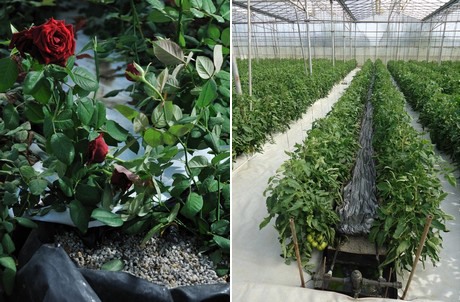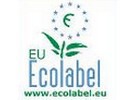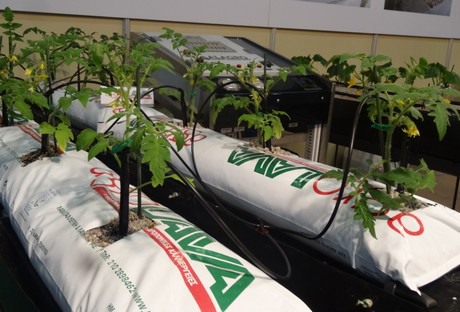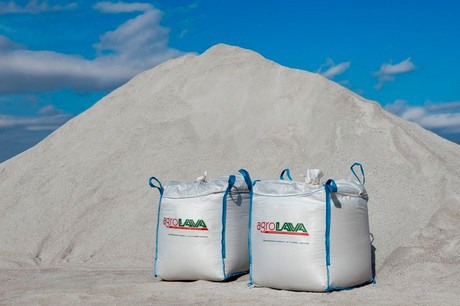In Greece, many ornamental and vegetable growers shifted to the use of pumice stone over the few last years. "The combination of growing environmentally friendly, the affordable price and the overall cultivation performances of this product is what often makes them decide to shift to using pumice stone," says Evangelos Kikilintzias of Dalkafoukis SA, a company that is currently supplying pumice stone to Greek growers, but is planning to widen its reach soon and enter the global market with this substrate.

AgroLAVA used in the cultivation of ornamentals and vegetables.
Pumice as substrate and more
Pumice stone can be used both as a substrate and as an ingredient in a soil mixture for plants. In agriculture and especially in hydroponic cultivations, pumice stone can be used as a main substrate. According to Evangelos Kikilintzias, using pumice stone as a substrate has a lot of advantages. "By nature, the product is strong and light weighted. It absorbs and releases moisture very well. So, when the plant is over-watered, the pumice stone will absorb the water and in times the plant needs water it can easily take it from the pumice stone." Besides that, the product is completely natural and environmentally friendly since it is naturally mined and it’s not a product produced by any process. "It can be used instantly. Well, almost instantly. The only 'negative' aspect of pumice stone is the fact that it needs to be cleaned before using it. This, however, can be done easily by soaking them in the water. This also needs to be done when reusing them. Which makes them a sustainable product too."

Another product of Dalkafoukis, called oikiaLAVA. This is a ready to use grow bag for domestic vegetable production. During the whole period of cultivation it is not required to make a hole in the bottom of the bag for water runoff. The user has only to add water according to the instructions.
AgroLAVA

The pumice stone that is mainly used for hydroponic cultivations in Greek is Dalkafoukis' “agroLAVA”. "It stimulates homogeneous growth and increases the production volumes. This combined with its affordable costs, is what makes Greek ornamental and vegetable growers choose this product," says Kikilintzias. "Another nice aspect is the fact that it has an Ecolabel certification. On October 27, 2014, it was labeled with Ecolabel certification category 'growing media' by the Supreme Council of the Ministry of Environment."

AgroLAVA.
Treatment screening
Before packing the pumice stone Dalkafoukis grades and screens every stone first. In order to do this, they use large sieves, excavators, forklifts and a variety of specialized machinery and equipment at their site in Thessaloniki, Greece near the industrial area. "This treatment screening of graded pumice enables our customers to obtain a product ready for use in accordance with the requirements specifically designed for their needs. Without unnecessary processing time or negative stocks." says Kikilintzias.

"AgroLava can be distributed in planting sacks, pallets or in big bags. The design of the bag was made according to the specifications indicated by a group of scientists from the Agricultural University of Athens, in the relevant research program to effectively cover all the plant's needs and optimize water and air to the roots during the use of the bag."
Expanding markets
Producing in an environmentally friendly and sustainable approach will become increasingly important, not only for Greek growers, but for growers all over the world. For this reason, Dalkafoukis SA is eager to expand its markets. "Our main market is the Greek growers but we also export pumice stone for hydroponic, agricultural and construction use. In closing I would like to mention that our company can provide different fractions in a variety of packaging according to customers' needs. A natural, eco friendly and sustainable growing environment is our belief for the future."
For more information
Dalkafoukis SA
Evagelos Kikilintzias
Email: info@dalkafoukis.gr / export@dalkafoukis.gr
www.lava.gr
